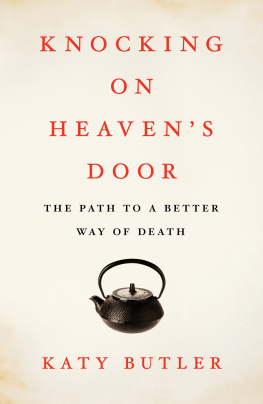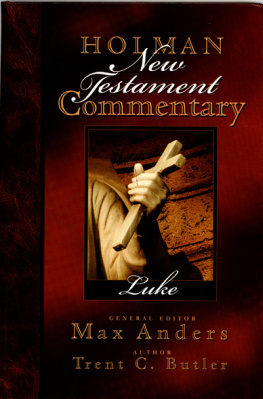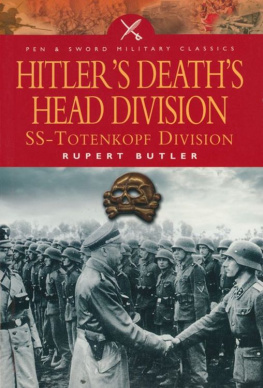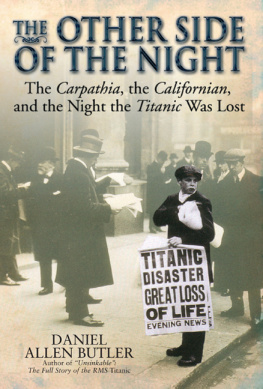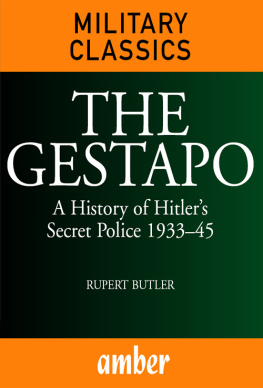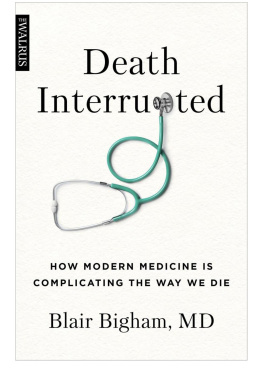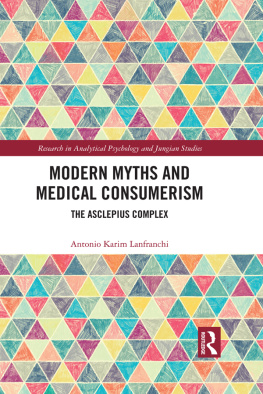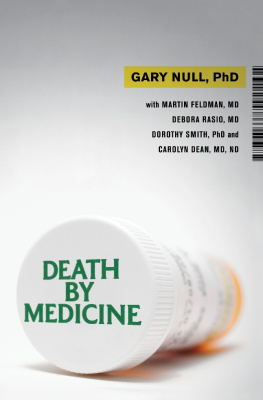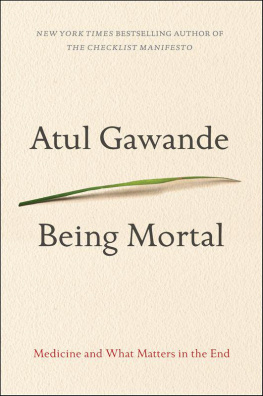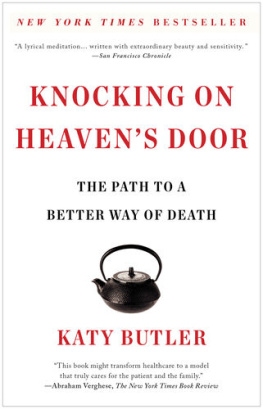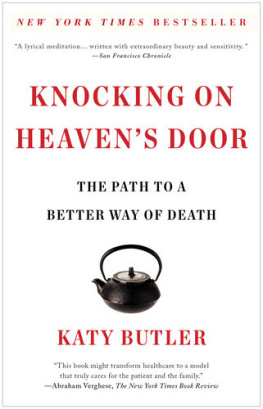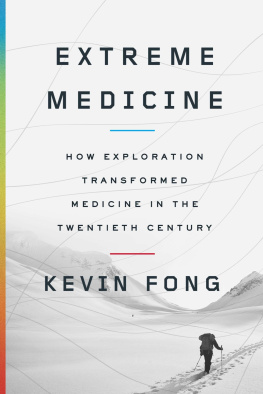
Scribner
A Division of Simon & Schuster, Inc.
1230 Avenue of the Americas
New York, NY 10020
www.SimonandSchuster.com
Copyright 2013 by Katherine Anne Butler
All rights reserved, including the right to reproduce this book or portions thereof in any form whatsoever. For information, address Scribner Subsidiary Rights Department, 1230 Avenue of the Americas, New York, NY 10020.
First Scribner hardcover edition September 2013
SCRIBNER and design are registered trademarks of The Gale Group, Inc., used under license by Simon & Schuster, Inc., the publisher of this work.
The Simon & Schuster Speakers Bureau can bring authors to your live event. For more information or to book an event, contact the Simon & Schuster Speakers Bureau at 1-866-248-3049 or visit our website at www.simonspeakers.com.
Designed by Jill Putorti
Jacket Design by Darren Haggar
Jacket Photograph FoodCollection
Library of Congress Control Number: 2013017659
ISBN 978-1-4516-4197-4
ISBN 978-1-4516-4199-8 (ebook)
Permissions and photo credits appear on pages 22.
In memory of my parents, Valerie Joy de la Harpe and Jeffrey Ernest Butler.
In gratitude to Toni Perez-Palma and Alice Teng and to all caregivers, paid and unpaid.
I fell
because of wisdom,
but was not destroyed:
through her I dived
into the great sea,
and in those depths
I seized
a wealth bestowing pearl.
I descended like the great iron anchor
men use to steady their ships
in the night on rough seas,
and holding up the bright lamp
that I there received,
I climbed the rope to the boat of understanding.
While in the dark sea,
I slept, and not overwhelmed there,
dreamt: a star blazed in my womb.
I marveled at that light and grasped it,
and brought it up to the sun.
I laid hold on it, and will not let it go.
MAKEDA, QUEEN OF SHEBA, TRANSLATED BY JANE HIRSHFIELD
CONTENTS
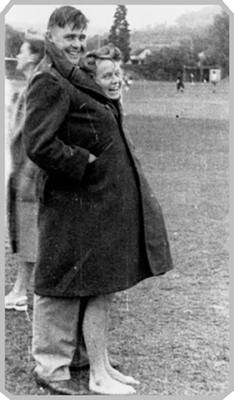
Valerie Joy de la Harpe and Jeffrey Ernest Butler, Rhodes University, Grahamstown, South Africa, 1946.
PROLOGUE
O n an autumn day in 2007, while I was visiting from California, my mother made a request I both dreaded and longed to fulfill. Shed just poured me a cup of tea from her Japanese teapot shaped like a little pumpkin; beyond the kitchen window, two cardinals splashed in her birdbath in the weak Connecticut sunlight. Her white hair was gathered at the nape of her neck, and her voice was low. She put a hand on my arm. Please help me get your fathers pacemaker turned off, she said. I met her eyes, and my heart knocked.
Directly above us, in what was once my parents shared bedroom, my eighty-five-year-old father, Jeffreya retired Wesleyan University professor, stroke-shattered, going blind, and suffering from dementialay sleeping. Sewn into a hump of skin and muscle below his right collarbone was the pacemaker that had helped his heart outlive his brain. As small and shiny as a pocket watch, it had kept his heart beating rhythmically for five years. It blocked one path to a natural death.
After tea, I knew, my mother would help my father up from his narrow bed with its mattress encased in waterproof plastic. After taking him to the toilet, shed change his diaper and lead him tottering to the living room, where hed pretend to read a book of short stories by Joyce Carol Oates until the book fell into his lap and he stared out the sliding glass window.
I dont like describing what the thousand shocks of late old age were doing to my fatherand indirectly to my motherwithout telling you first that my parents loved each other and I loved them. That my mother could stain a deck, sew a silk blouse from a photo in Vogue, and make coq au vin with her own chicken stock. That her photographs of Wesleyan authors had been published on book jackets, and her paintings of South African fish in an ichthyologists handbook. That she thought of my father as her best friend.
And that my father never gave up easily on anything.
Born in South Africas Great Karoo Desert, he was a twenty-one-year-old soldier in the South African Army when he lost his left arm to a German shell in the Italian hills outside Siena. He went on to marry my mother, earn a PhD from Oxford, coach rugby, build floor-to-ceiling bookcases for our living room, and with my two younger brothers as crew, sail his beloved Rhodes 19 on Long Island Sound. When I was a teenager and often at odds with him, he would sometimes wake me chortling lines from The Rubaiyat of Omar Khayyam in a high falsetto: Awake, my little one! Before lifes liquor in its cup be dry! On weekend afternoons, he would put a record on the stereo and strut around the living room conducting invisible orchestras. At night he would stand in our bedroom doorways and say good night to my two brothers and me quoting Horatios farewell to the dying Hamlet: May flights of angels sing thee to thy rest!
Four decades later, in the house where he once chortled and strutted and sometimes thundered, I had to coach him to take off his slippers before he tried to put on his shoes.
My mother put down her teacup. She was eighty-three, as lucid and bright as a sword point, and more elegant in her black jeans and thin cashmere sweater than I could ever hope to be. She put her hand, hard, on my arm. He is killing me, she said. He. Is. Ruining. My. Life. Then she crossed her ankles and put her head between her knees, a remedy for near-fainting that shed clipped from a newspaper column and pinned to the bulletin board behind her. She was taking care of my father for about a hundred hours a week.
I looked at her and thought of Anton Chekhov, the writer and physician who died of tuberculosis in 1904 when he was only forty-four. Whenever there is someone in a family who has long been ill, and hopelessly ill, he wrote, there come painful moments when all, timidly, secretly, at the bottom of their hearts long for his death. A century afterward, my mother and I had come to long for the machine in my fathers heart to fail.
* * *
How we got there is a long story, but here are a few of the bones. On November 13, 2001, when my father was seventy-nine and apparently vigorous, he suffered a devastating stroke. A year latergravely disabled yet clear-minded enough to know ithe was outfitted with a pacemaker in a moment of hurry and hope. The device kept his heart going while doing nothing to prevent his slide into dementia, incontinence, near-muteness, misery, and helplessness. The burden of his care crushed my mother. In January 2007, when my father no longer understood the purpose of a dinner napkin, I learned that his pacemaker could be turned off painlessly and without surgery, thus opening a door to a relatively peaceful death. It was a death I both feared and desired, as I sat at the kitchen table while my mother raised her head from her knees.
Her words thrummed inside me: Please help me get your fathers pacemaker turned off. Id been hoping for months to hear her say something like this, but now that shed spoken, I was the one with doubts. This was a moral choice for which neither the Anglicanism of my English childhood nor my adopted Buddhism had prepared me. I shook when I imagined watching someone disable his pacemakerand shook even more when I contemplated trying to explain it to him.
At the same time, I feared that if I did nothing, his doctors would continue to prolong what was left of my fathers life until my mother went down with him. My fear was not unfounded: in the 1980s, while working as a reporter for the San Francisco Chronicle, I spent six weeks in the intensive care unit of San Francisco General Hospital, watching the erasure of the once-bright line between saving a life and prolonging a dying. Id never forgotten what I saw.

